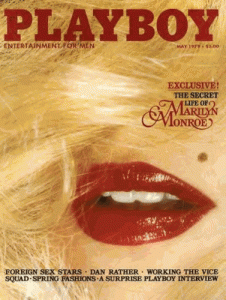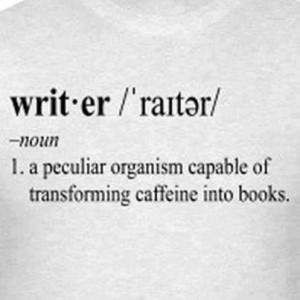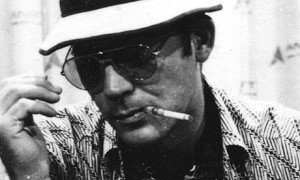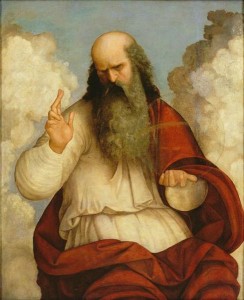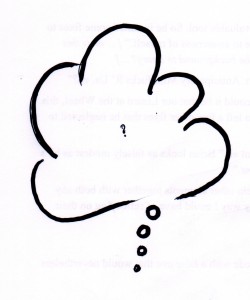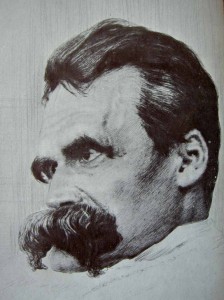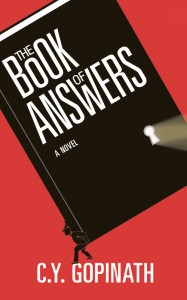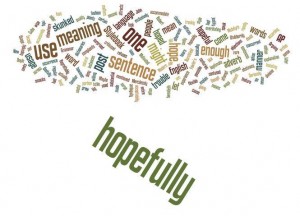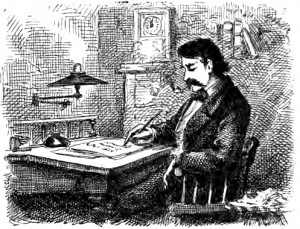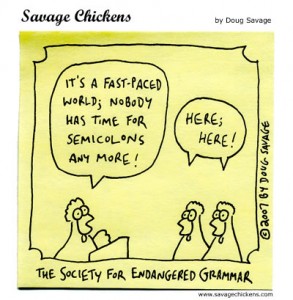J.P. Donleavy, an early literary hero of mine, was quoted in Playboy (May, 1979) as saying, “Writing is turning one’s worst moments into money.”
Would that this were so. Meanwhile, another spin on the essence of writing is going the rounds on Facebook:
In other quarters, writers instead turn whiskey into piss and engage in binge writing in the intervals between their alchemical endeavors. (I encountered the expression “binge writing” listening to a Letterman interview … Read more

